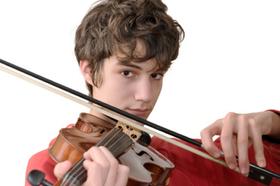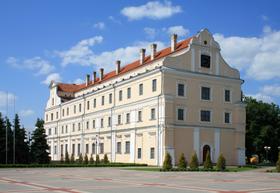Keep these three job search tips in mind if you have not looked for a teaching job in a couple of years or are just beginning to think about a career move.
1. Be marketable.
The job market for teachers in boarding schools is generally competitive. Schools want the best possible candidate to work for them. As a result, dozens of candidates apply for available positions. So, what sets you apart from other candidates? Offering three or more of the following skills or credentials can position you for success in the boarding school employment market.
This TEDTalk offers some ideas for effective job searching.
Speak and teach a second language. Teachers who speak French, Spanish, and Mandarin are in much demand in any school. Add a degree and certifications in those subjects to your credentials, and you will be much more marketable.
Hold specialist certifications. An ESL certificate or a reading specialist certificate will virtually guarantee you employment for life at many schools. An ESL-certified teacher is an integral part of the teaching strategy and an essential element in a diverse community. Boarding schools attract an international clientele. Immersion in the English language is a factor in that decision. A reading specialist can effectively remediate reading and comprehension skills allowing the language arts teachers to focus on coursework. She also can provide extra help for ESL students.
Be an AP exam reader. If you are



















